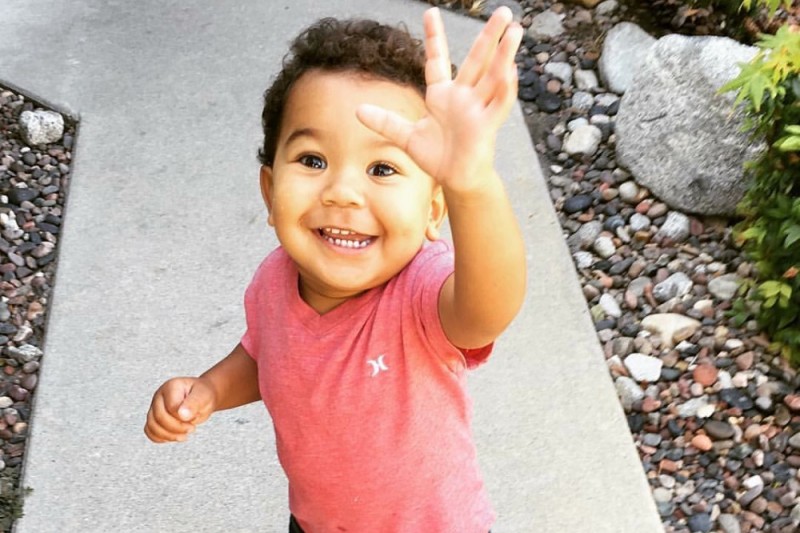The Food and Drug Administration has issued a warning telling parents not to use teething necklaces.
The agency said it has received multiple reports of injuries or deaths coming from teething necklaces, including an 18-month-old child who was strangled to death by his amber teething necklace during a nap.
“Do not use necklaces, bracelets, or any other jewelry marketed for relieving teething pain. The use of these products can lead to serious injuries including strangulation or choking,” the Food and Drug Administration (FDA) stated in the warning.
Teething jewelry includes necklaces, bracelets, and other jewelry that can be worn by either an adult or child and is often marketed to relieve an infant’s teething pain, according to the agency. The beads of the jewelry may be made with various materials such as amber, wood, marble, or silicone.
Jewelry marketed for teething pain is not the same as teething rings or teethers, which are made of hard plastic or rubber, and are not worn by an adult or child.
In addition to children, teething jewelry can be used by people with special needs, such as autism or attention-deficit/hyperactivity disorder.
“We know that teething necklaces and jewelry products have become increasingly popular among parents and caregivers who want to provide relief for children’s teething pain and sensory stimulation for children with special needs. We’re concerned about the risks we’ve observed with these products and want parents to be aware that teething jewelry puts children, including those with special needs, at risk of serious injury and death,” said FDA Commissioner Scott Gottlieb in a statement.
“Given the breadth of the market for these teething necklaces and jewelry, we’re sharing this important safety information directly to consumers in order to help prevent injuries in infants and kids.”
Parents and others should speak to their doctors about alternatives to teething necklaces, such as gently rubbing or massaging the gums with a clean finger or giving the teething child a teething ring made of firm rubber.
Parents should also avoid Avoid teething creams and benzocaine gels, sprays, ointments, solutions, and lozenges for mouth and gum pain in infants and children younger than 2 years.

Death in California
One death from teething necklaces occurred in California in 2016, possibly the one listed by the FDA. The agency didn’t specify when or where that death took place.
An 18-month-old at a daycare in Fontana was taking a nap when he was strangled by the necklace he was wearing.
Mother Danielle Morin told KABC that daycare staff said her son, Deacon Morin, was strangled by the amber teething necklace he was wearing.
Paramedics tried to revive the child but failed and he was rushed to Kaiser Permanente in critical condition. Several days later, Morin decided to remove him from life support.
Investigators launched a probe into the daycare following the death.
The California Department of Social Services, which licenses the daycares, said the daycare was cited numerous times in 2015 and placed on probation for three years.
In 2015, a mother in the United Kingdom said that her 15-month-old girl was nearly strangled by an amber teething necklace.
“It was wrapped around her arm and neck with a twist in between and my stomach just dropped with a sickening feeling that something like this could even happen,” Ashleigh Ferguson told the Daily Telegraph. “But if the pressure on her neck had been in a slightly different point, it’s unimaginable.”

